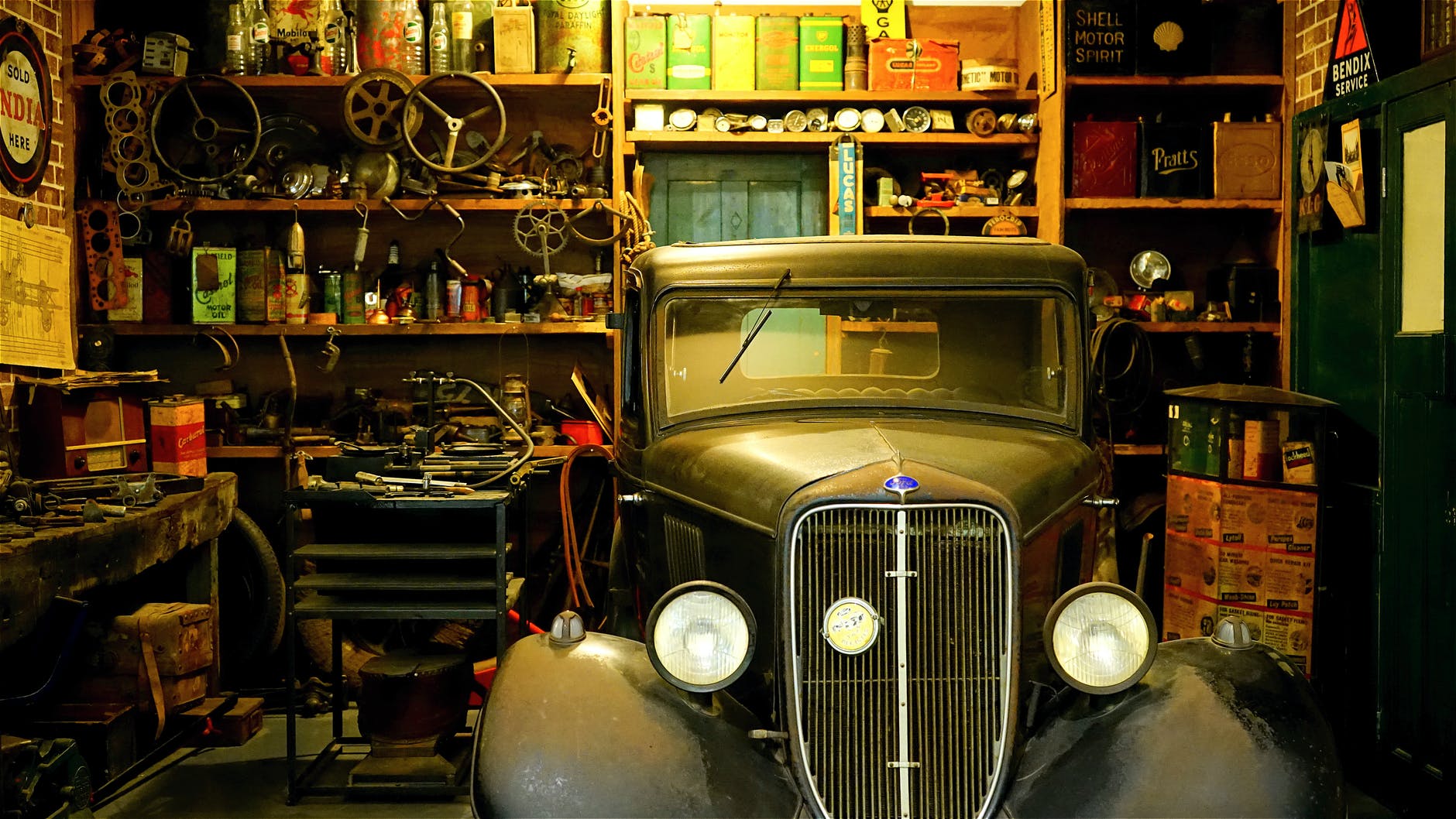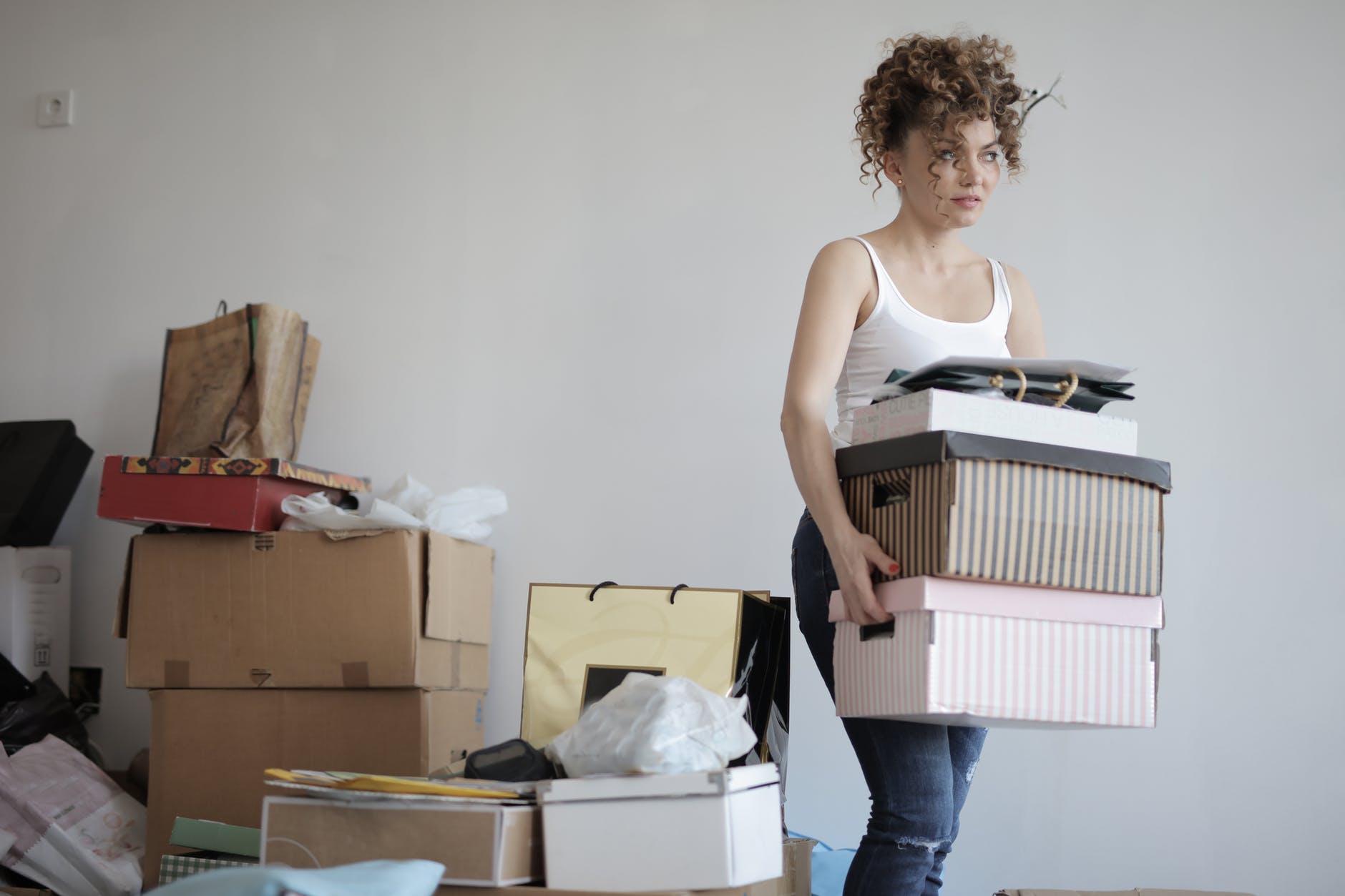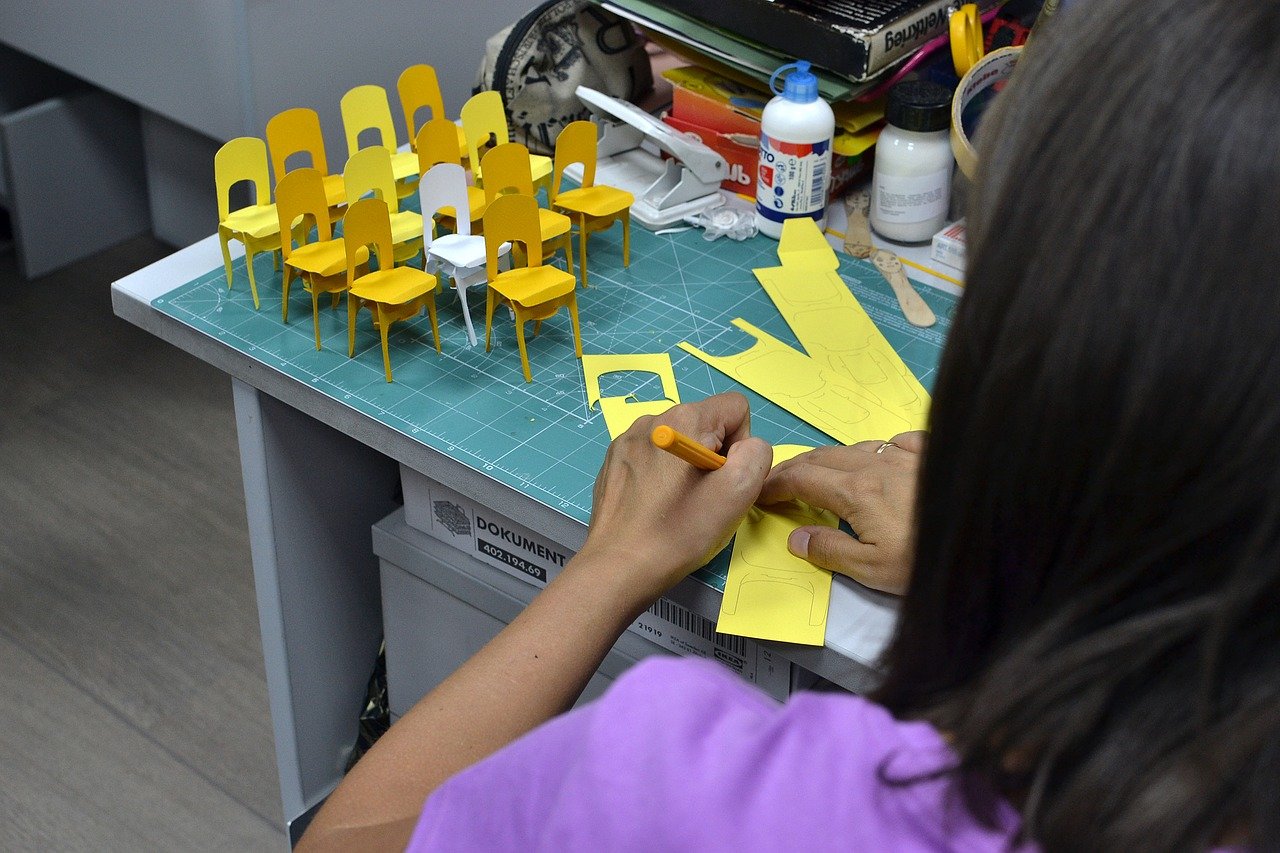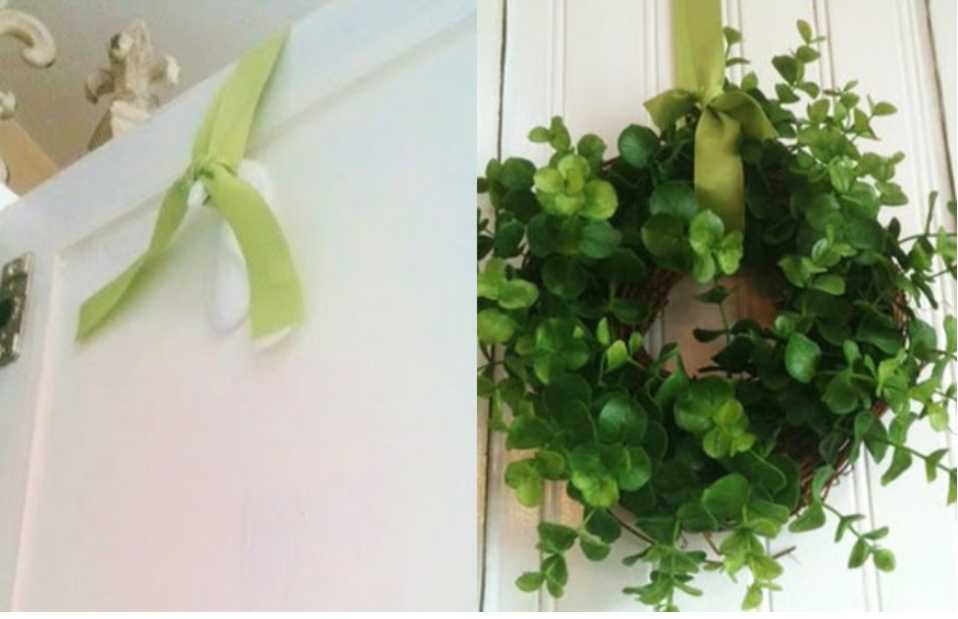According to experts, the tendency to accumulate can become a real pathology: disposophobia can turn into an obsession capable of hindering life. Basically, it is what each of us experiences in everyday life. When we find the courage to let go of objects and create emptiness, we experience an extraordinary feeling of well-being. This happens because we struggle to separate ourselves from things, yet according to experts the initial anxiety gradually turns into lightness and a sense of gratification.

Source: Pexels
What do you tend to accumulate?
Fumio Sasaki, editor in Tokyo and author of the book “Make space in your life”, tells about his life philosophy, how he got rid of the accumulated objects, and how this transformation affected his habits.
As the author says, during the latest earthquakes and in the event of a tsunami it was found that over 50% of the population was injured by household objects.
Safety? Not only. In everyday life, accumulating things that we consider indispensable makes us spend money and takes up space at home because it leads to surrounding ourselves with objects that in the end turn out to be … useless!
The problem is not so much accumulating books as a deeper question, but if we read all the books we buy.

Source: Pexels
In Japan, there is a word for this habit: tsundoku, which alludes to the tendency to create piles of things to read. If the piles of books and magazines pile up in a corner, it’s time to clear the dust and think of a solution. Create a shelf for the books found in the markets and use a magazine rack, you will limit your pending readings. The truth is that we often keep putting off what we want to do without finding time to really dedicate ourselves, here is the real problem to face.
The business cards of that cute place you wanted to go back to, the shells and the pictures from the holidays … still on the computer! How many centuries ago you wanted to make an album? Use a rainy evening or afternoon to stand in front of the screen and choose the images that make your heartbeat. Don’t wait for time, just do it. The vacuum cleaner for today can wait. With the vinyl glue, the sticks and shells collected on the beach will become the decoration for a personalized frame: go ahead with DIY to transform holiday memories.
The make-up products? Better a few, but of quality. Eyeshadows, lipsticks, and nail polishes for sale at excessively low prices can be old or cause allergies and irritation on the delicate skin. Focus on products not tested on animals: ask the seller and if in doubt consult the label, you will usually find the words “Not tested on animals”. A way to make an ethical choice, in our small way, and create a new relationship with things. As experts explain, the first step to avoid accumulating is … buy less!

Source: Pexels
Products for the home? Great to take advantage of the offers, but without exaggerating: the risk is using more than is really necessary. According to experts, half of what we normally use would be enough, on average. Think about it next time you use shampoo or make laundry detergent.
Same thing for toys. Having a child costs money, but buying consciously makes life easier and happier.
What is your use of everyday items like envelopes and bags? Recycling is functional, economical, and practical, however, to avoid overdoing the accumulation give yourself a fabric bag to keep in your bag: it is perfect for heavier loads, it will help you save space and money.
Recycling and consciously buying, giving, exchanging appliances and objects help to lend a hand to the environment and increases daily happiness because suddenly we discover that there are so many superfluous things that clutter our home … and our lives.
What we cannot do without, however, is the beauty of learning to give and share with others!


